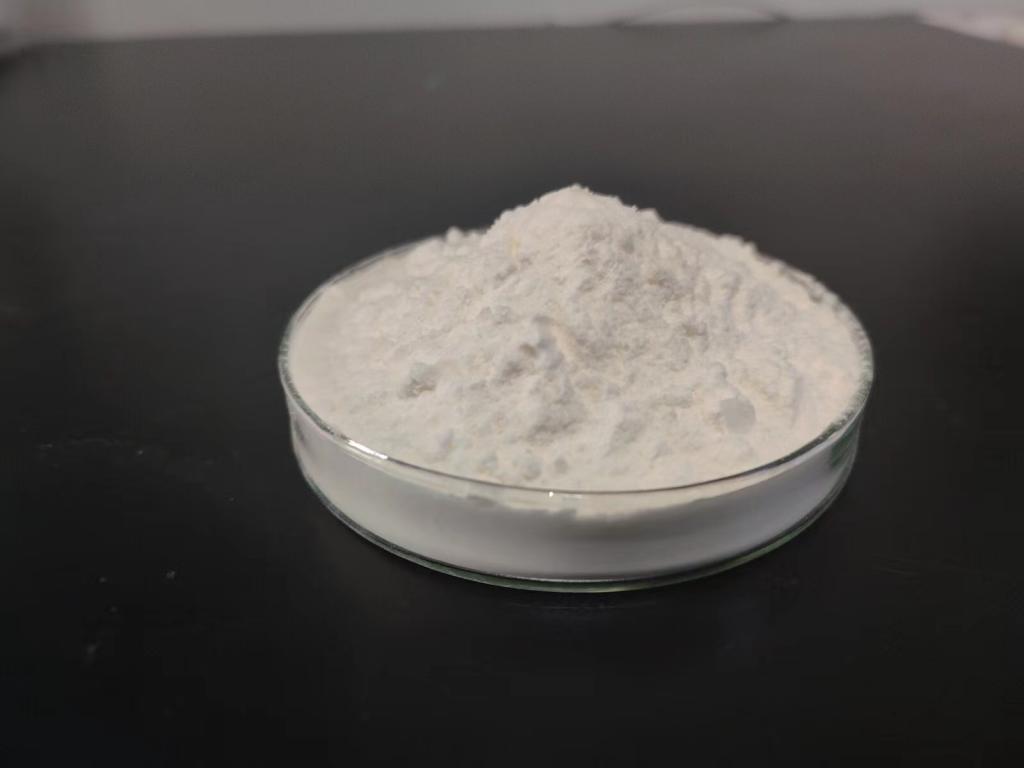Tel:+8618231198596

News
 CONTACT
CONTACT
 CONTACT
CONTACT
- Linkman:Linda Yao
- Tel: +8618231198596
- Email:linda.yao@dcpharma.cn
- Linkman:CHARLES.WANG
- Department:Overseas
- Tel: 0086 0311-85537378 0086 0311-85539701
News
Advancing Precision Medicine: ε-Polylysine Hydrochloride's Potential in Personalized Therapies
TIME:2024-03-01
1. Introduction:
Precision medicine, characterized by individualized treatment plans based on genetic, environmental, and lifestyle factors, represents a paradigm shift in healthcare. As the field evolves, the exploration of innovative biomaterials, such as ε-Polylysine Hydrochloride, provides new avenues for enhancing the precision and effectiveness of personalized therapies.
2. Understanding ε-Polylysine Hydrochloride:
ε-Polylysine Hydrochloride is a biopolymer derived from natural sources, exhibiting antimicrobial and film-forming properties. With a unique structure comprising repeated lysine units, it presents opportunities for various biomedical applications. Understanding its characteristics, biocompatibility, and mechanisms of action is essential for unlocking its potential in precision medicine.
3. Applications in Drug Delivery:
One of the key areas where ε-Polylysine Hydrochloride showcases promise is in drug delivery systems. Its biodegradability, low toxicity, and ability to encapsulate and release therapeutic agents make it an ideal candidate for personalized drug delivery, ensuring targeted and controlled release based on individual patient needs.
4. ε-Polylysine Hydrochloride in Gene Therapies:
The advent of gene therapies has revolutionized the treatment landscape for genetic disorders. ε-Polylysine Hydrochloride's ability to complex with nucleic acids opens avenues for enhancing the delivery and stability of gene-editing tools. This has implications for tailoring gene therapies to specific genetic variations, marking a significant stride in precision medicine.
5. Personalized Biomaterials for Regenerative Medicine:
Regenerative medicine aims to repair or replace damaged tissues, and the use of personalized biomaterials is crucial for success. ε-Polylysine Hydrochloride's versatility in forming hydrogels, scaffolds, and matrices offers a platform for creating personalized tissue engineering solutions, promoting regeneration tailored to individual patient needs.
6. Immunotherapy and ε-Polylysine Hydrochloride:
Immunotherapy has shown remarkable success in treating various cancers. ε-Polylysine Hydrochloride's immunomodulatory properties can be harnessed to develop personalized immunotherapies. By modulating the immune response based on individual patient profiles, ε-Polylysine Hydrochloride contributes to the advancement of precision oncology.
7. Challenges and Opportunities:
While ε-Polylysine Hydrochloride holds great promise, challenges such as scalability, standardization, and long-term safety assessments need to be addressed. Collaborative efforts between researchers, industry partners, and regulatory bodies are essential to overcome these challenges and pave the way for widespread adoption in precision medicine.
8. Ethical Considerations in Personalized Therapies:
As personalized therapies become more prevalent, ethical considerations surrounding patient privacy, consent, and equitable access to advanced treatments come to the forefront. Balancing the potential benefits of ε-Polylysine Hydrochloride with ethical guidelines is crucial to ensuring responsible implementation in personalized medicine.
9. Regulatory Landscape:
The integration of ε-Polylysine Hydrochloride into personalized therapies requires clear regulatory frameworks. Working collaboratively with regulatory agencies ensures that safety standards are met, and personalized treatments involving ε-Polylysine Hydrochloride adhere to established guidelines.
10. Future Perspectives:
The future of ε-Polylysine Hydrochloride in personalized therapies is poised for significant growth. Ongoing research, technological advancements, and collaborative initiatives will shape its role in precision medicine, contributing to a new era of tailored and effective healthcare interventions.
11. Conclusion:
ε-Polylysine Hydrochloride's potential in advancing precision medicine represents a significant stride towards personalized and effective healthcare solutions. As research progresses, its applications in drug delivery, gene therapies, regenerative medicine, and immunotherapy offer a multifaceted approach to tailoring treatments based on individual patient characteristics. Collaborative efforts across disciplines will be instrumental in realizing the transformative impact of ε-Polylysine Hydrochloride in the era of precision medicine.
- Tel:+8618231198596
- Whatsapp:18231198596
- Chat With Skype







